Grammar schools will not be in every town, says Theresa May
- Published
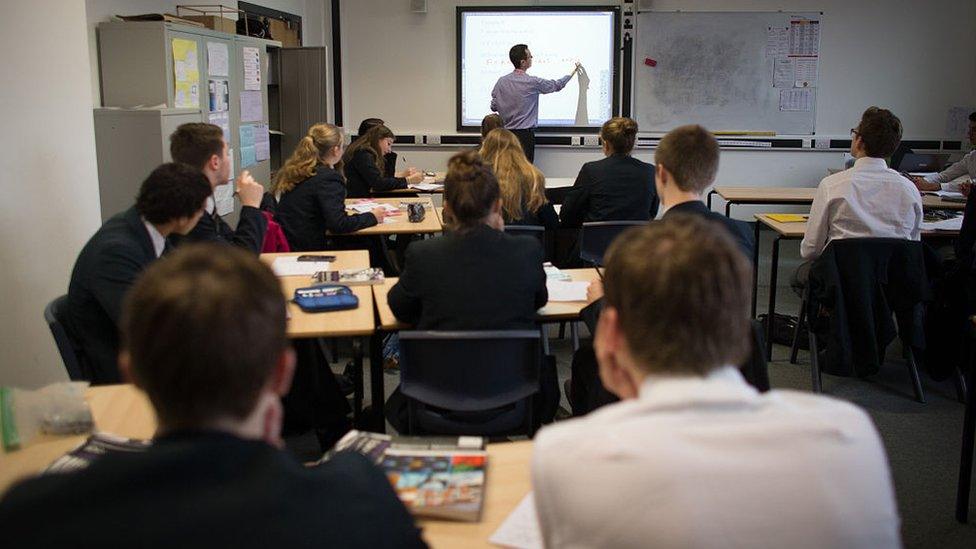
The plan to lift the ban on grammar schools is not about reintroducing them to every town and city in England, Prime Minister Theresa May has said.
Speaking on BBC One's The Andrew Marr Show, she said it was about raising the level of education across the country.
"Taking off the ban on a particular type of school is not saying we want one of this here and one of that there," she said.
"It's about ensuring we have good school places for every child."
The plan to launch new grammar schools - traditionally entered by pupils aged 11 after passing an 11+ exam - emerged in early September, sparking fierce debate as to its rights and wrongs.
Mrs May was keen to stress the plan was not about "going back to the system of binary education from the 1950s".
She added: "There will be different types of schools providing education and we want the education that is right for every child.
"We'll be saying to grammar schools and people who want to set up a new selective school, actually if you're doing that we will want you to show that you are genuinely reaching out across society in giving those opportunities to young people."
The government is currently holding a consultation on how to identify the children from poorer families who could benefit most from the plans.
Mrs May said that free school meals had been used as a measure of poverty for more than 25 years and ministers were trying to find other ways "to identify those people perhaps not captured by that but who are struggling".
There are currently 163 grammar schools - out of 3,000 state secondaries - in England, and a further 69 in Northern Ireland.

Last month Education Secretary Justine Greening said she wanted to offer parents choice by lifting the ban on new grammar schools but that children would not be split into "winners and losers".
Answering a question in the Commons, she said grammar schools would only be a part of a "very broad-based education system".
Mrs May expanded on that point, telling Andrew Marr: "Over the last six years, we've had great success in improving the quality of schools with 1.4 million more children now in schools that are good or outstanding.
"But there's still one-and-a-quarter million children who are in schools that are underperforming, so we need to increase the number of good school places and the capacity of the system."
- Published30 September 2016
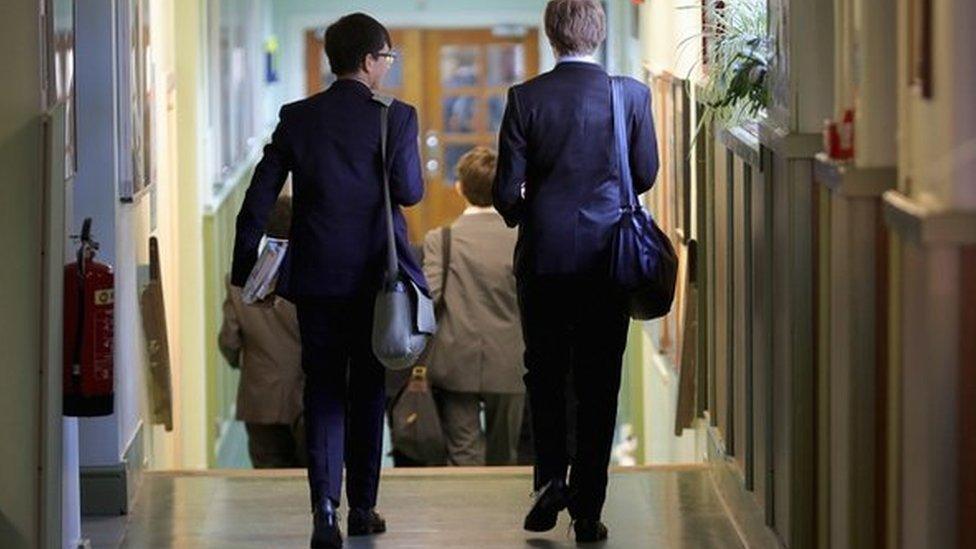
- Published27 September 2016
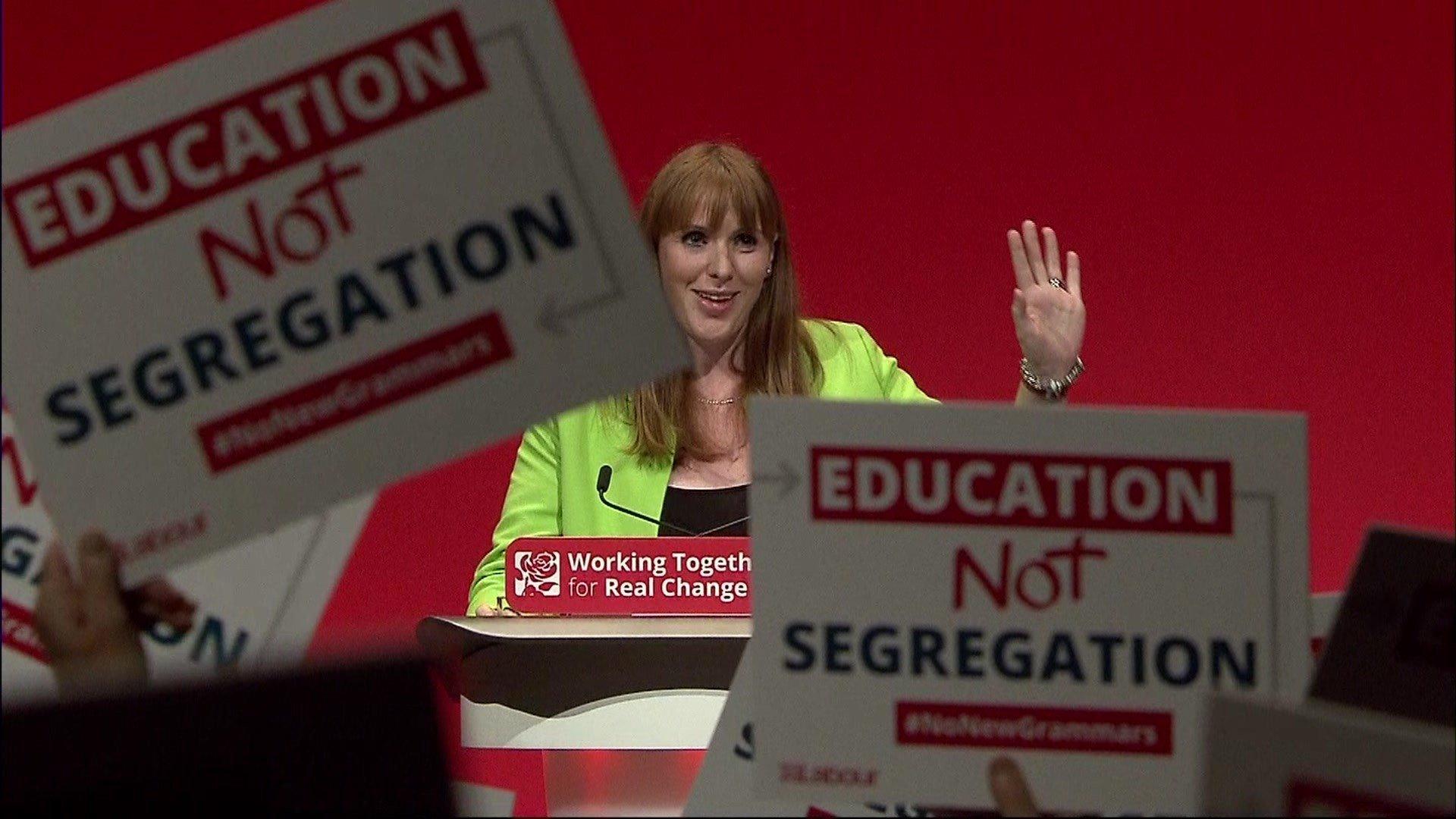
- Published23 September 2016
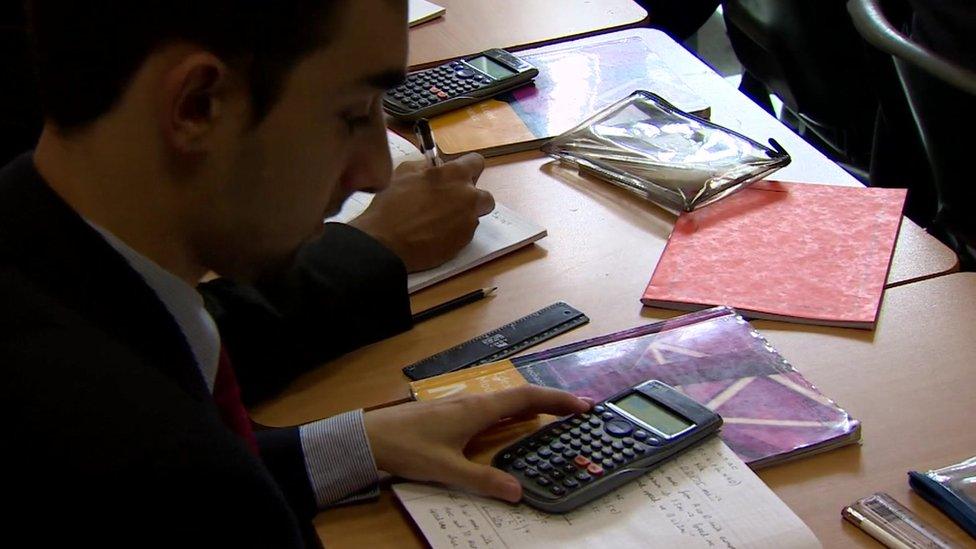
- Published21 September 2016
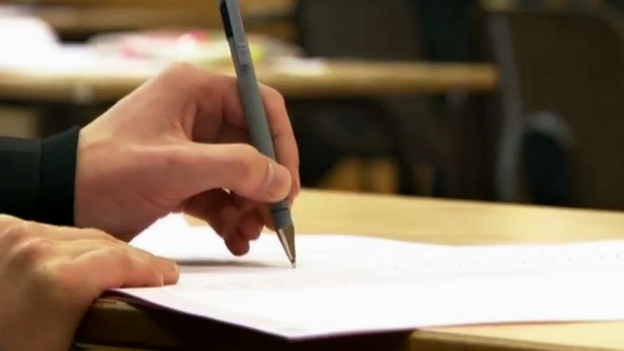
- Published14 September 2016
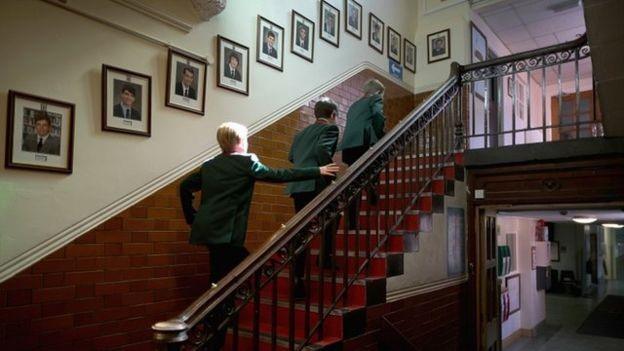
- Published14 September 2016
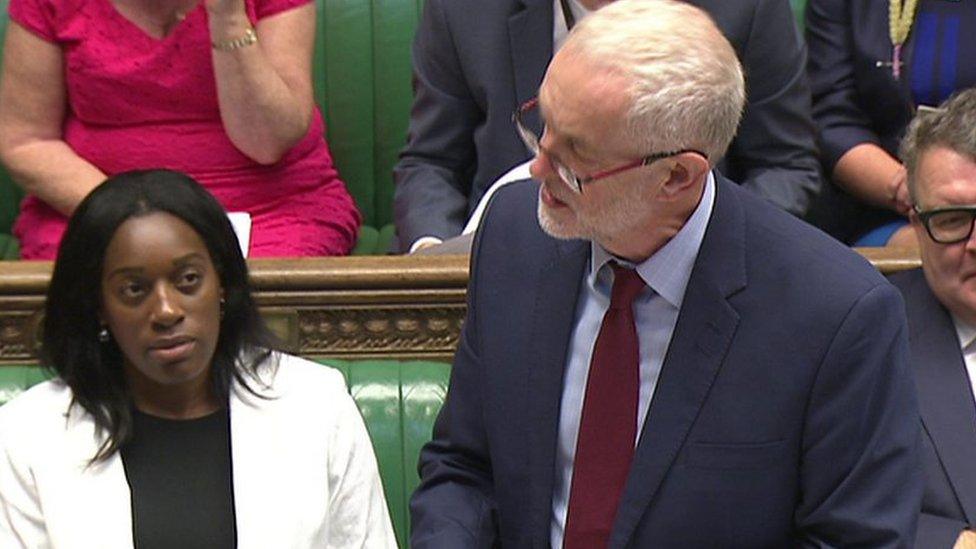
- Published13 September 2016
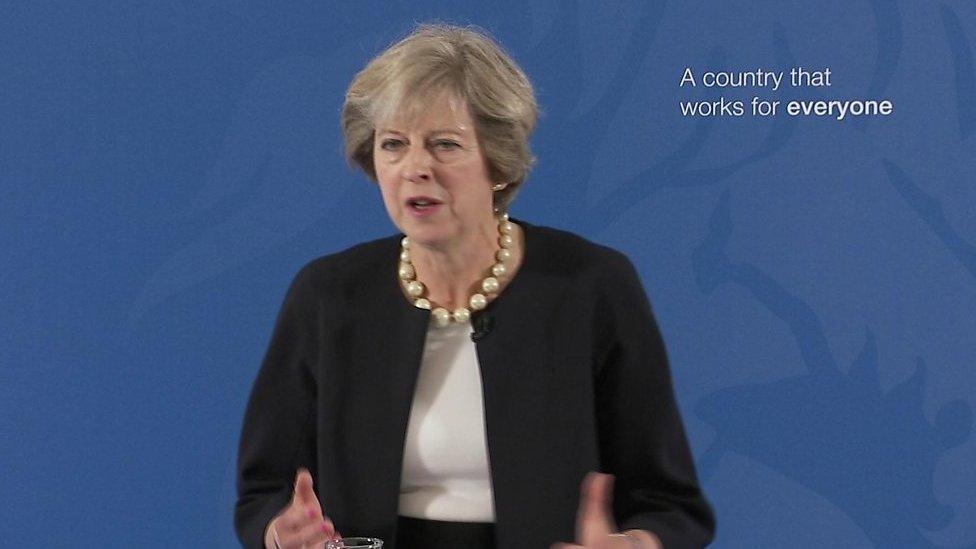
- Published9 September 2016
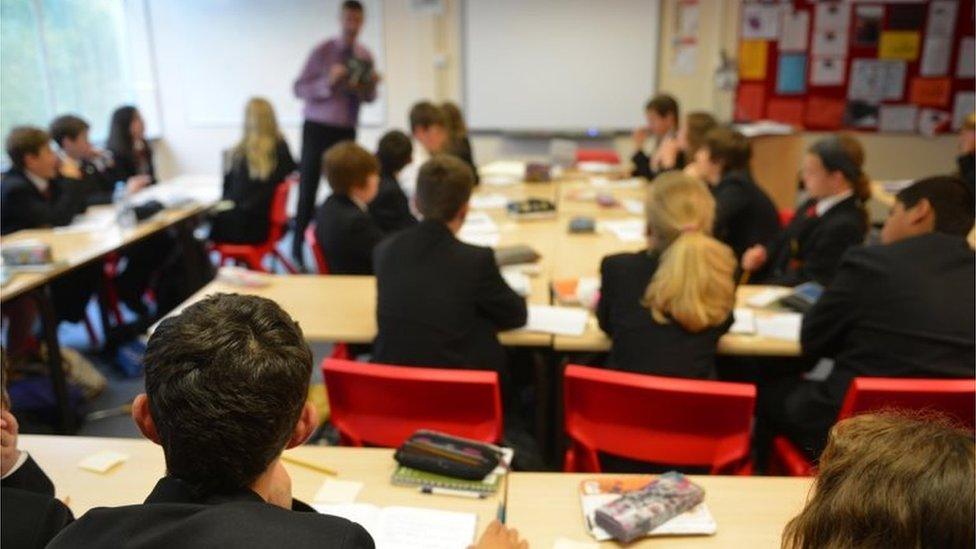
- Published8 September 2016
